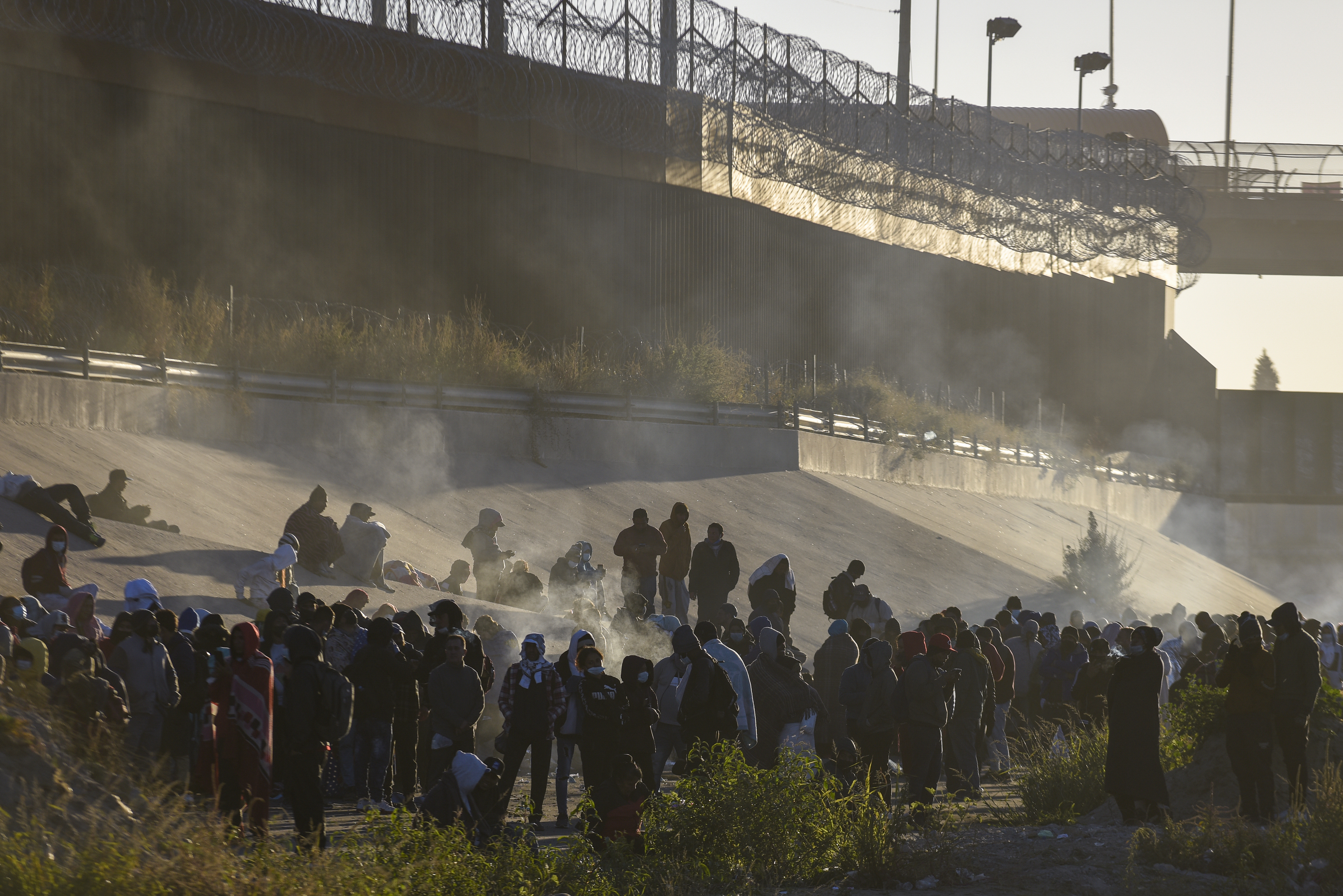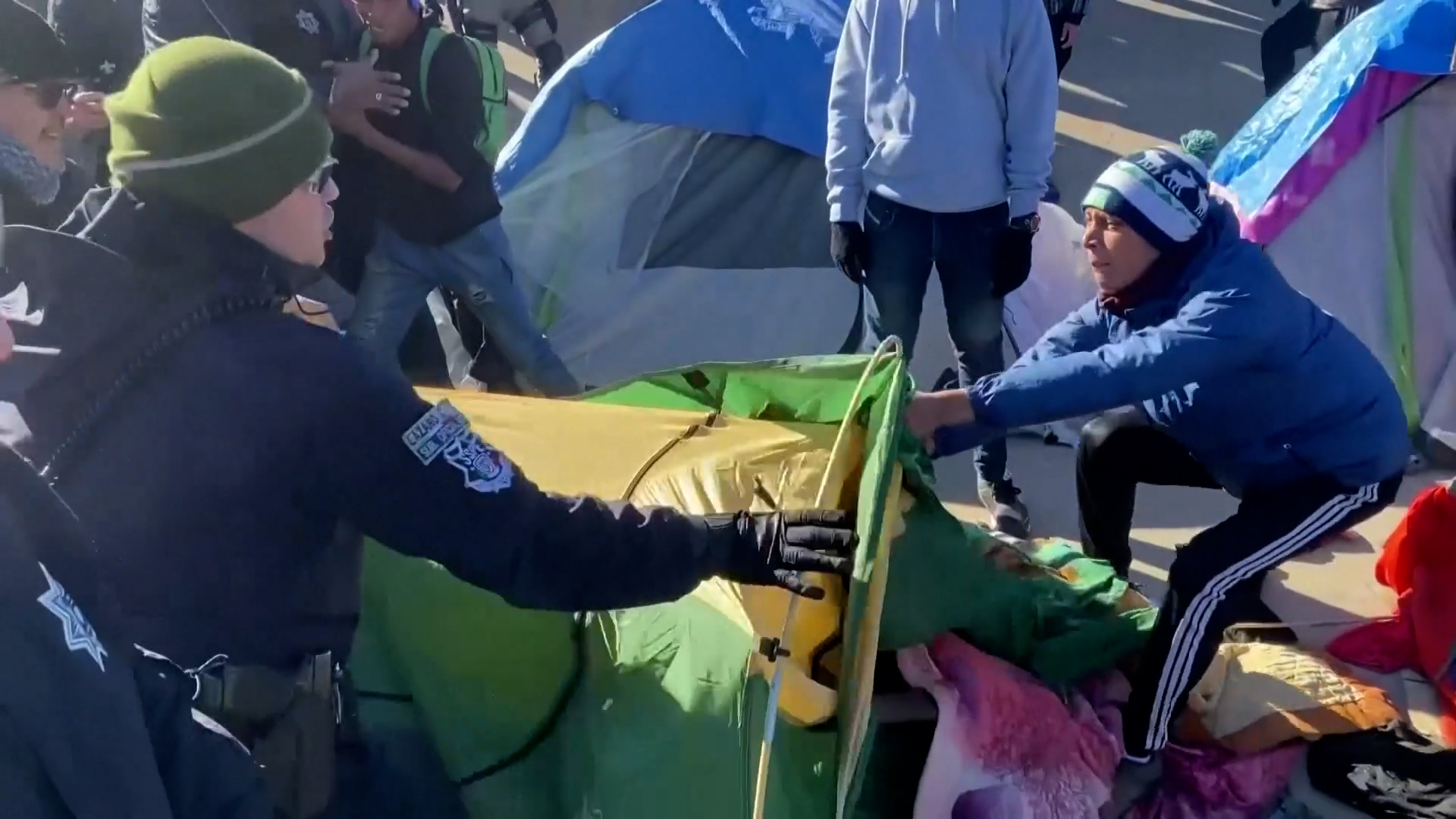Just days before Title 42 is set to expire, El Paso’s mayor has declared a state of emergency over the border crisis citing safety concerns for both his community and asylum seekers.
Mayor Oscar Leeser said the state of emergency allows him to request additional resources as they prepare for thousands more to enter their city each day.
For days, large groups of migrants have gathered on the Mexico side of the U.S. border, waiting to get in. Meanwhile, border communities brace.
“We know that the influx on Wednesday will be incredible. They will be huge. Talking to some of our federal partners, they really believe that on Wednesday our numbers go will go from 2,500 to 4,000 or 5,000 or maybe 6,000. And when I asked him, I said, 'Do you believe that you guys can handle it today?' The answer was 'No,'” said Leeser.
The move comes after a D.C. court of appeals ruled against Texas and 18 other states that wanted to maintain the Trump-era policy, known as Title 42, implemented in March 2020 in response to the COVID pandemic.
Since then, migrants have been turned away an estimated 2.5 million times.
The Department of Homeland Security has warned reversing Title 42, “will likely increase migration flows immediately."
On the ground, advocates have said they worry about a growing humanitarian crisis, especially as temperatures plunge dangerously low.
“The numbers are just simply greater than the capacity to receive them and offer them hospitality while we assist them to make travel plans to move further into the U.S. where they may have family relatives or friends,” said Annunciation House Director Ruben Garcia.
It's a sentiment shared by El Paso's Mayor, even as the White House pledges to expand legal pathways for migration while discouraging disorderly and unsafe migration.
“I said from the beginning that I would call it when I felt that either our asylum seekers or our community were not safe, and I really believe that today. Our asylum seekers are not safe, as we have hundreds and hundreds on the streets. And that's not the way we want to treat people,” said Leeser.
Experts say the supreme court still could step in to block this from happening, though that's not guaranteed.
In the meantime, DHS is planning to increase resources at the border though they don't know yet exactly how large the need there will be.



